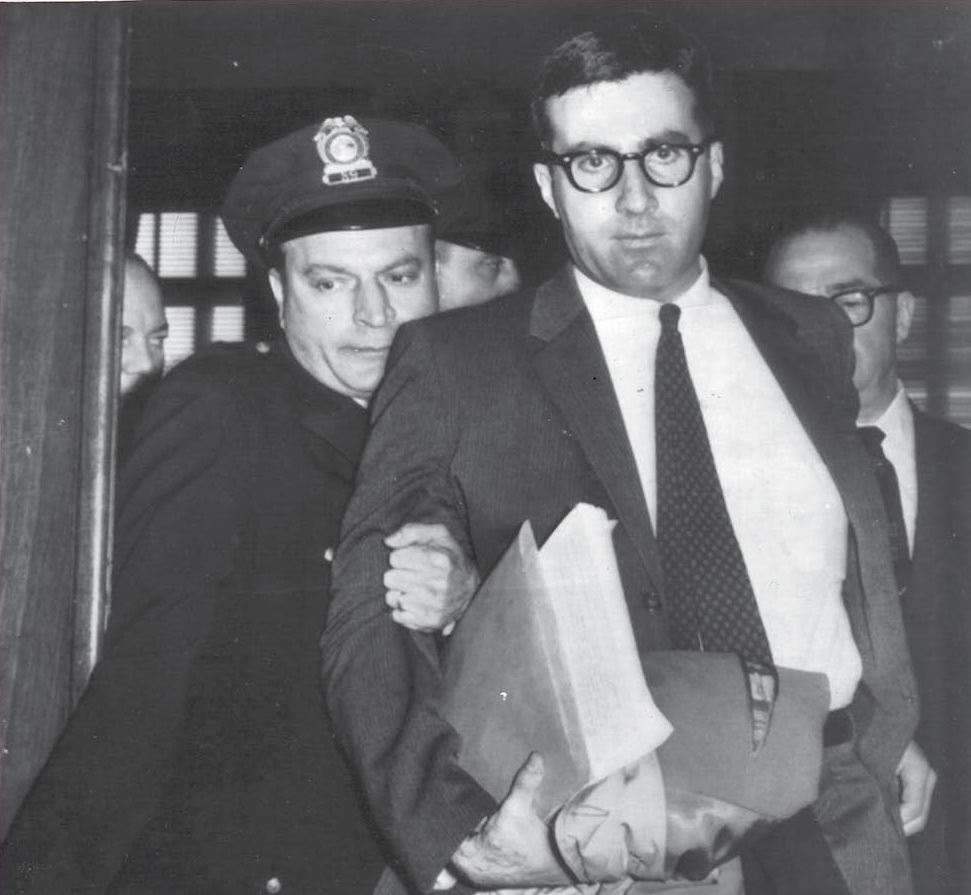Jack Levine ’55 vs. J. Edgar Hoover
I loved the bureau, the agents and the work. But I resigned after only 11 months because I couldn’t tolerate Hoover’s policies. He made us spend time making him look good politically at the expense of fighting crime.
I pursued a job with the organized crime section of the U.S. Department of Justice, which was under the leadership of Attorney General Robert Kennedy. During my interview, I was asked about the FBI’s investigative work. I hesitated. Should I be talking about this confidential information? I concluded that I should. The FBI falls under the justice department; Kennedy is Hoover’s boss.

Before I even finished my report, Hoover found out about it. I received calls from agent friends telling me my life was in danger.
To protect myself, I went public. I wrote an article for The Nation magazine about how Hoover exaggerated the threat of the American Communist Party for his own political purposes. It was a national sensation. It now resides in the JFK Library in Boston.
Hoover responded by putting me under 24-hour surveillance. I could not obtain a job anywhere. Hoover continually roadblocked me.
Not too long after this, I met Corinne, my future wife. We decided to begin a new life together in Phoenix, Ariz., and I applied for admission to the Arizona bar. Hoover found out and wrote a letter to the admissions committee saying I shouldn’t be allowed to practice law because I couldn’t be trusted with confidential information. The members of the committee voted 9-0 to reject my application.
The only recourse I had was to appeal to the Arizona Supreme Court. Ultimately, the court overruled the admissions committee, holding that my criticism of Hoover was speech protected by the U.S. Constitution.
Hoover’s retaliation against me was extremely unpleasant and had an adverse effect on my life. Despite this, I am very proud of my efforts to expose the detrimental consequences Hoover’s policies had on the FBI and its agents, with whom I was otherwise proud to be associated with.
This story is an edited excerpt from Jack Levine ’55’s book, A Chapter in the History of the FBI — S.A. Jack Levine vs. J. Edgar Hoover, which he self-published.